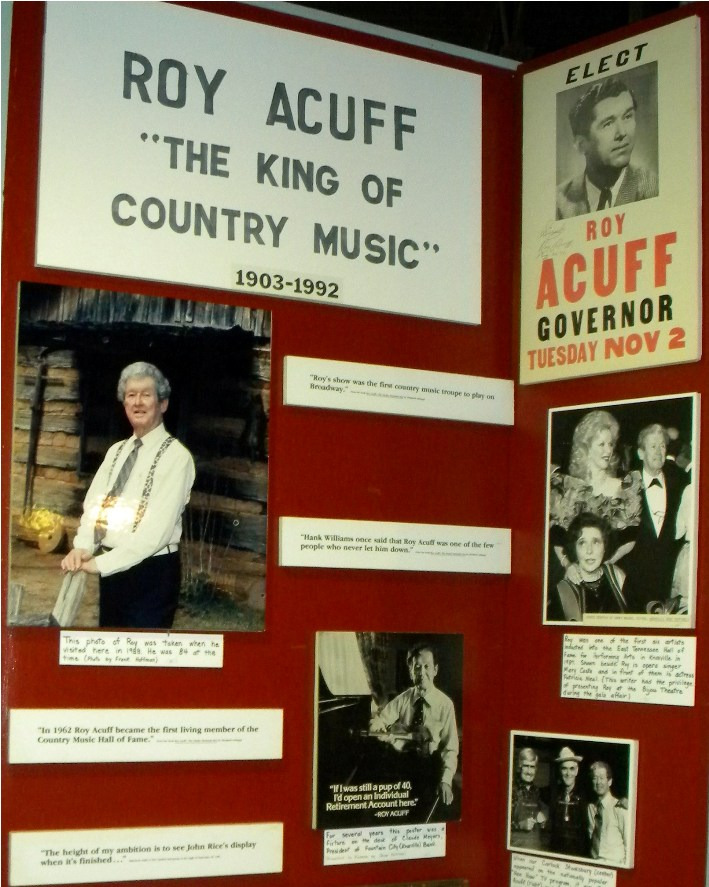
and odd Negroes,” as the manifest read, from the English ship White Lion were sold in exchange for food and some (if not all) of the Africans were then transported to nearby Jamestown and sold.Īnd so began our sad relationship with the peculiar institution, as slavery has been called. However, while Southerners were the most vocal about keeping transplanted Africans in bondage – for agricultural and social reasons, most citizens of the New World that would grow into the United States of America had begun cultivating attitudes about the slavery from the moment the first slave ships docked in this country in the Virginia Colony at Point Comfort, on the James River, late in August 1619. However, having defiantly watched as their ways of life and economy forever changed, Southerners solidly laid blame on Lincoln and viewed the president in much less glowing terms. The document itself, barely 700 words in length, carried moral, political, religious and military meanings and is revered as one of the most dynamic in world history and the man who brought it to be, Abraham Lincoln, the 16th president of the United States, is largely revered as the great emancipator – outside of the South.



The great abolitionist and former slave Frederick Douglass called the Emancipation Proclamation, “The nation’s apocalyptic regeneration,” and it’s doubtful that anyone today can fully appreciate the enormity of that moment or the rush of emotions for the four million black people who destruction of an institution that was an affront to humanity gave new life and hope to a long-suffering people in a land predicated on freedom and justice for all.


 0 kommentar(er)
0 kommentar(er)
